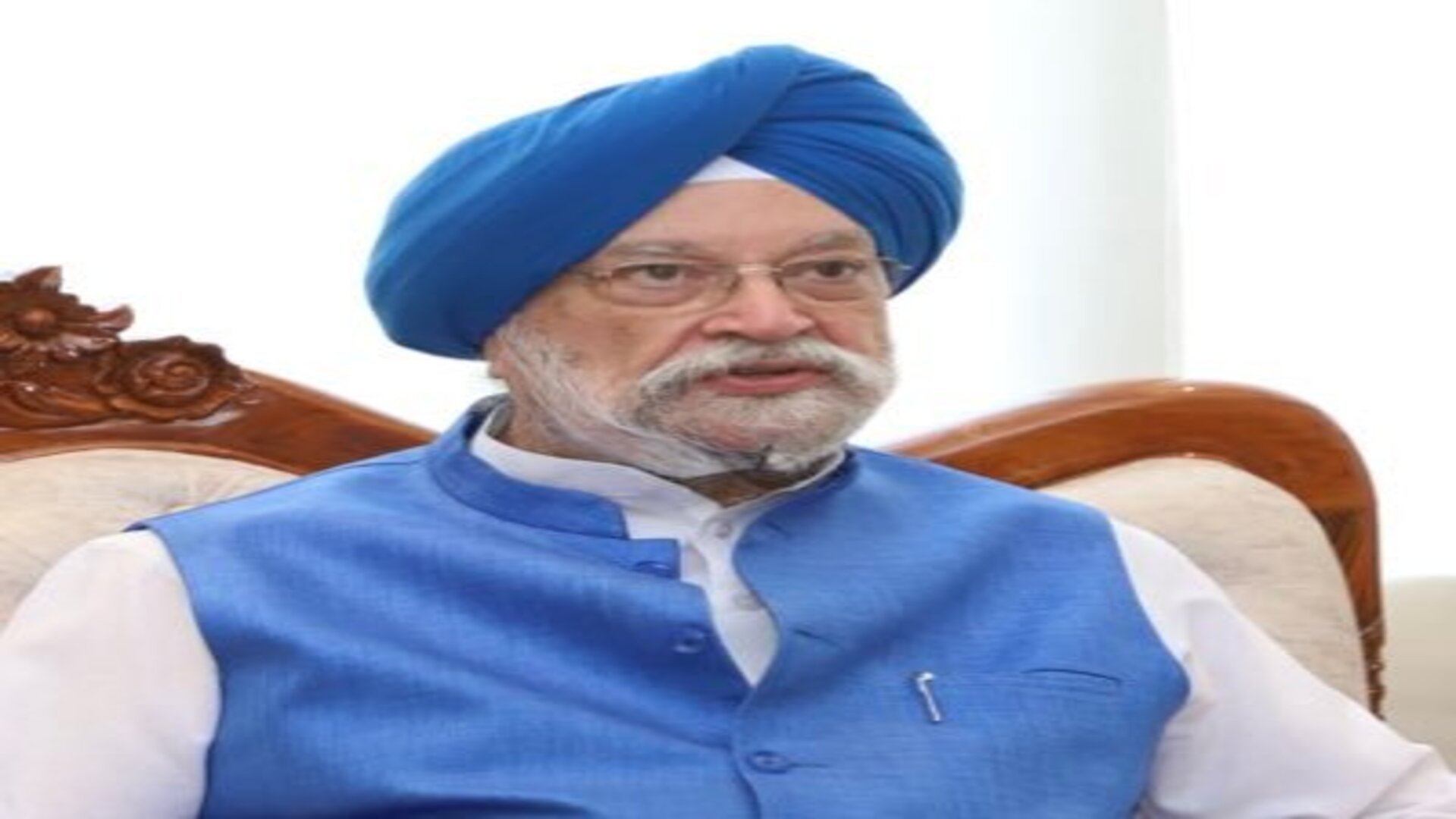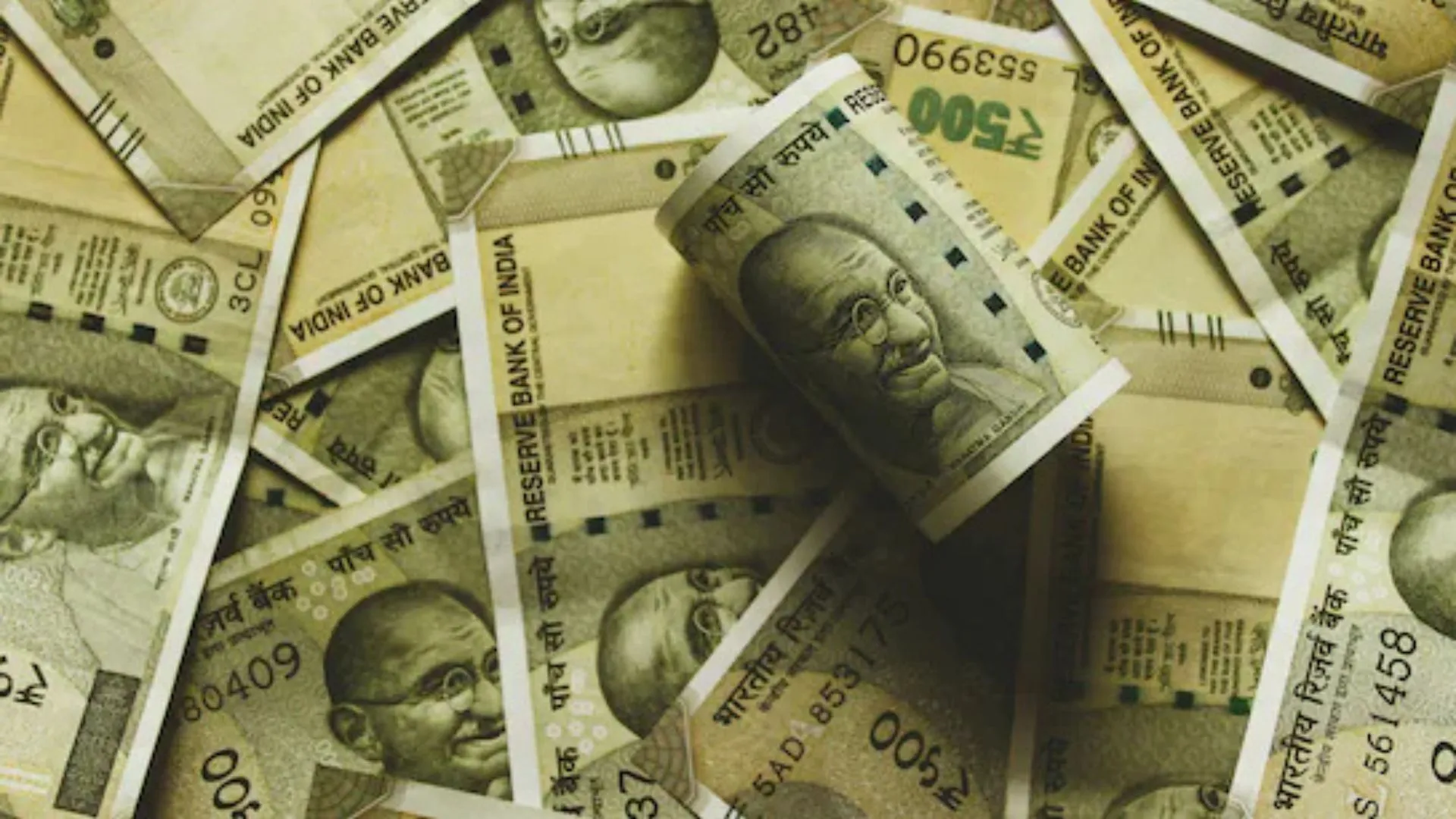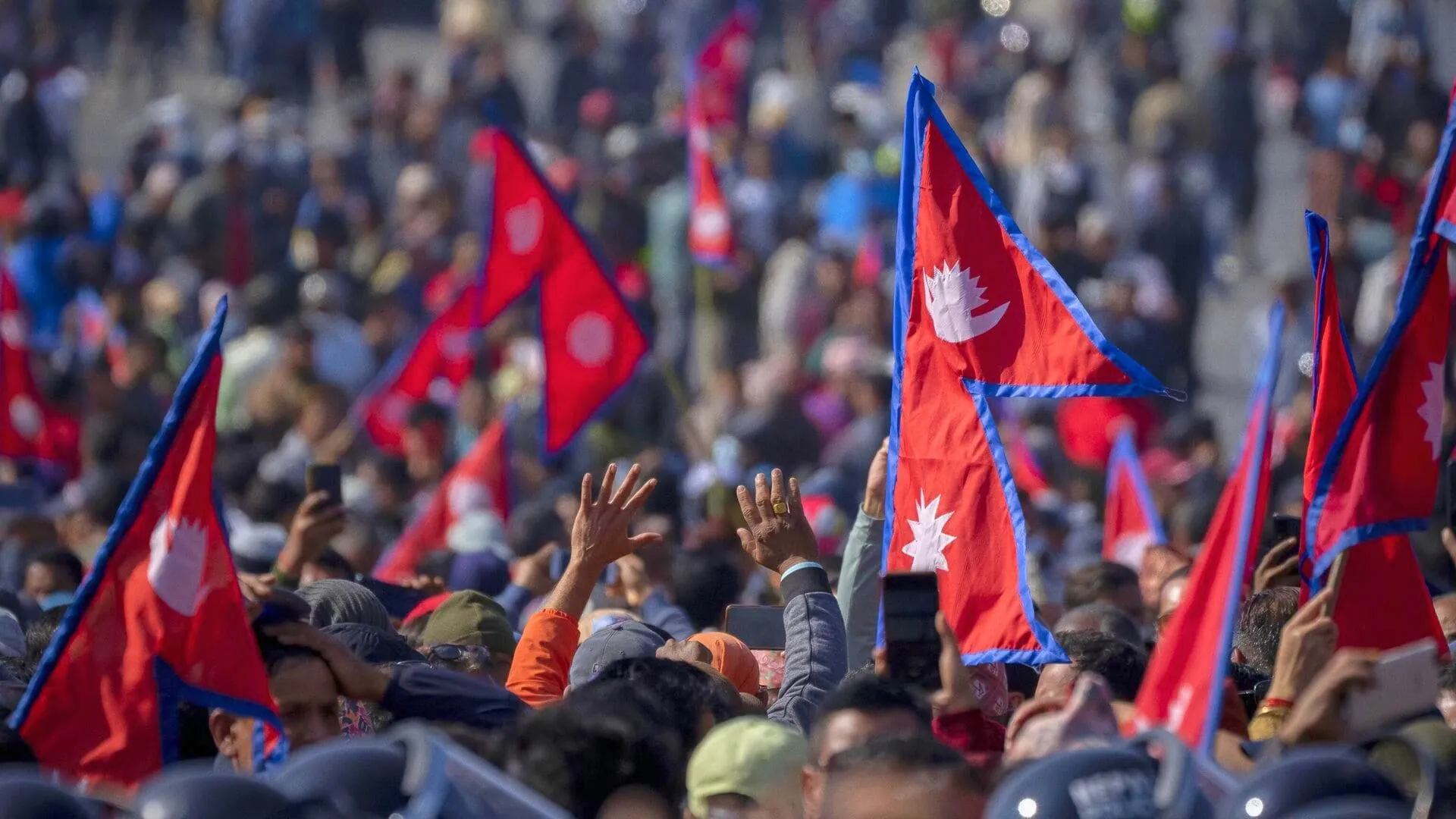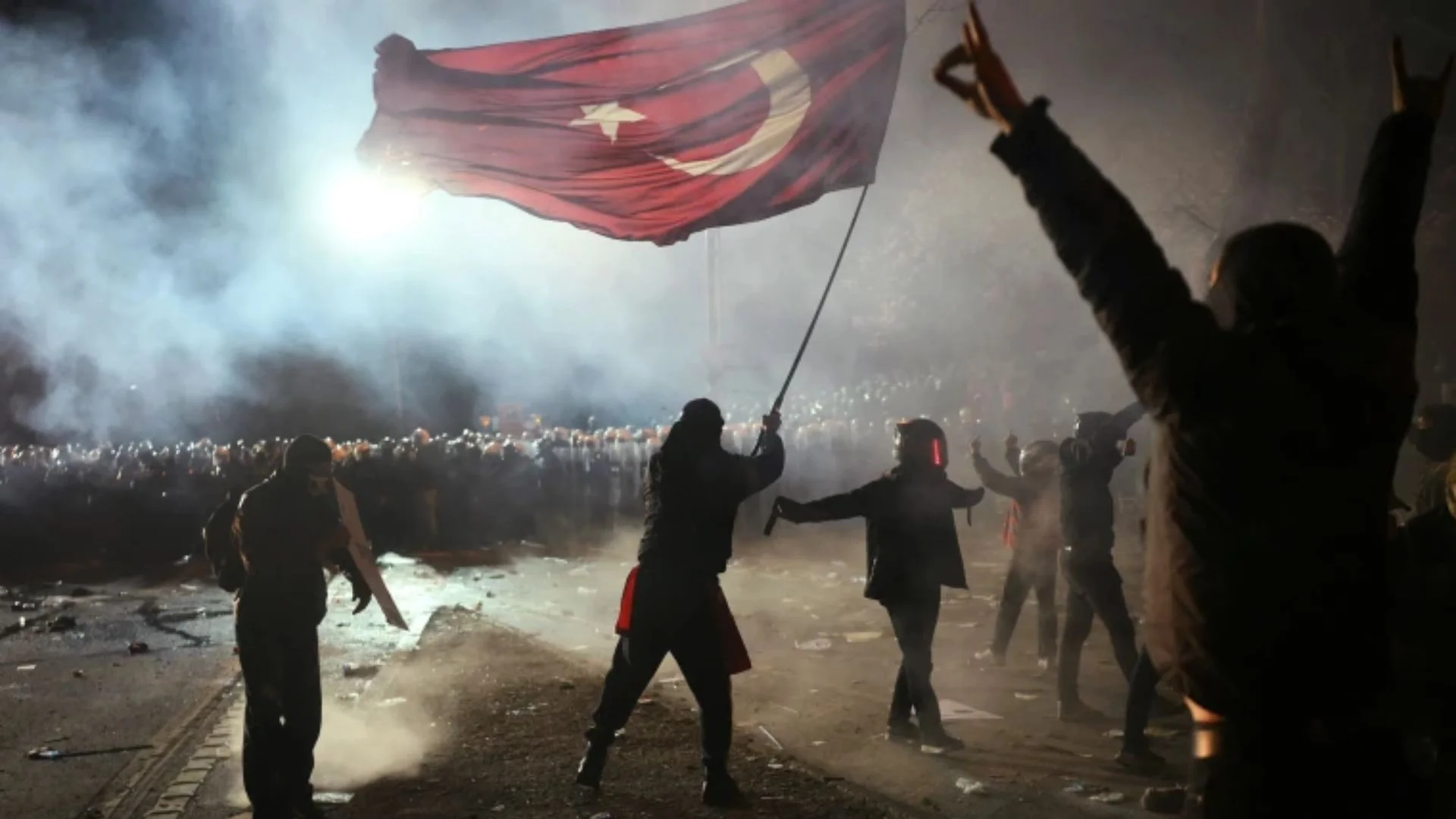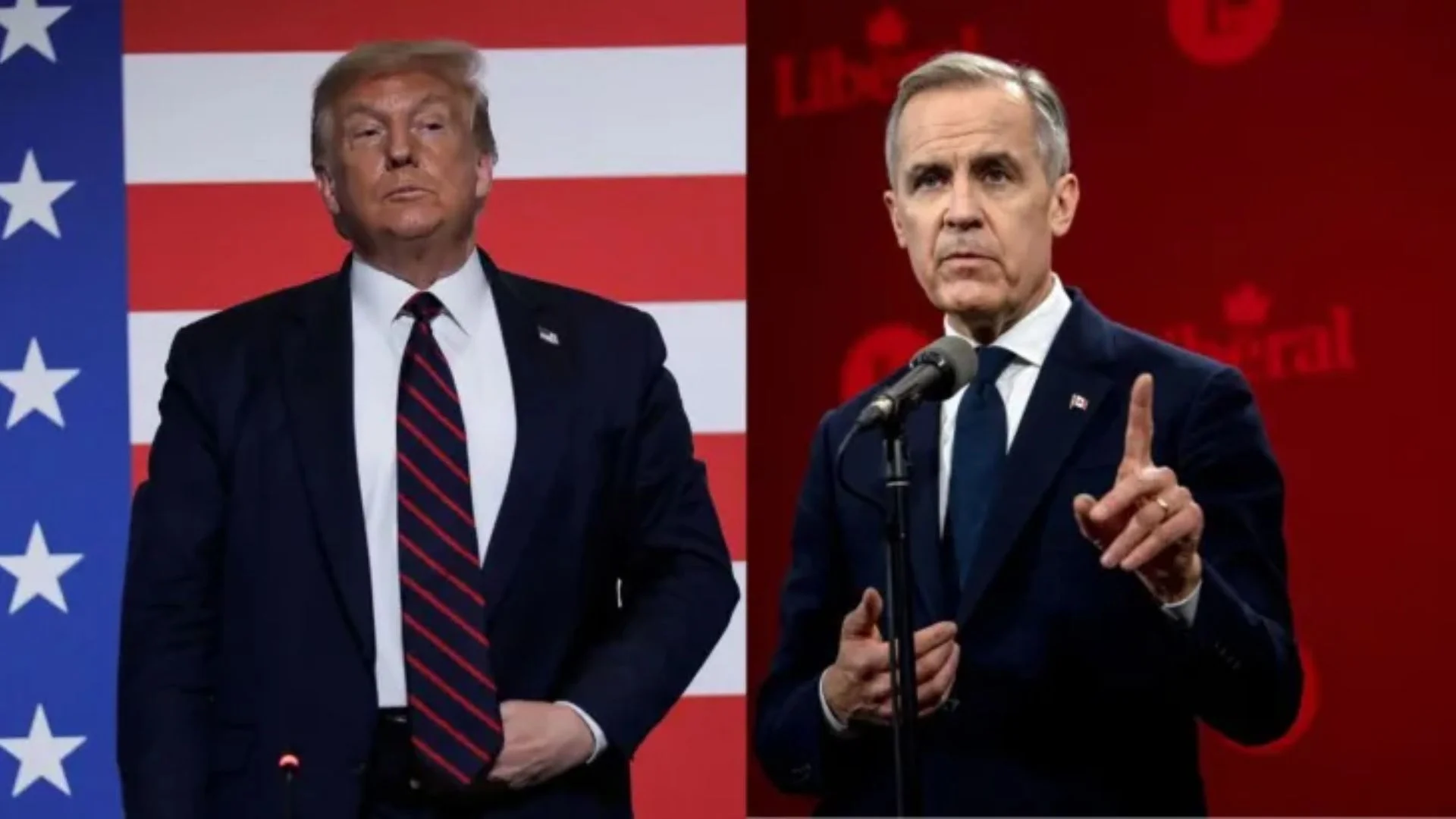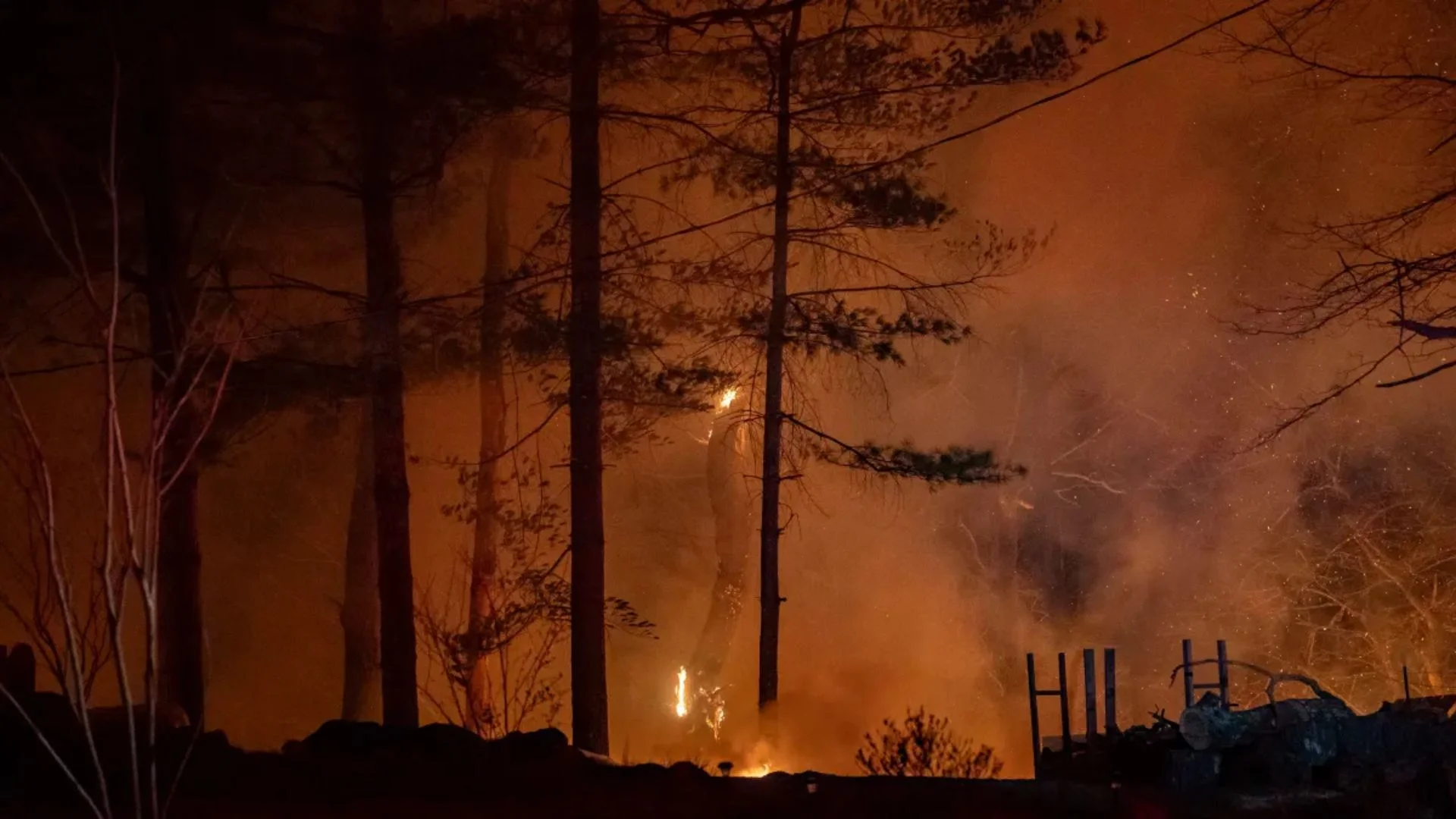India has successfully navigated unpredictable oil markets and surmounted restricted strategic oil storage availability by carefully arranging its oil imports from new sources and investing in the refining sector, said Petroleum Minister Hardeep Singh Puri at the India Energy Week conference in Goa.
According to S&P Global Commodity Insights, while addressing the conference, Minister Puri stressed the need of India ensuring the ongoing flow of traditional energy such as oil and gas, despite moving forward with its energy transition plans.
Puri said, “India has to ensure the flow of traditional energy such as oil and gas even though the country was pushing ahead with its energy transition plans”.
He emphasized India’s strategic planning and investments in the refining sector, which have resulted in the growth of a strong oil industry.
“India, despite having no large oil reserves of its own, has managed to successfully develop a large oil industry by strategic planning and investments in the refining sector. Last fiscal year, crude oil was India’s biggest import item, while petroleum products made up the largest share of exports”, Puri said.
India’s strategic petroleum reserves, controlled by Indian Strategic Petroleum Reserves Ltd., now have a capacity of 5.33 million mt, equivalent to approximately 9.5 days of total net oil imports.
Furthermore, state oil corporations have storage facilities for crude oil and petroleum products that can hold 64.5 days of total net imports, increasing the total national storage capacity to 74 days.
Minister Puri emphasized the significance of maintaining a steady supply of traditional energy while transitioning to cleaner energy sources.
“Even as we transition, we have to ensure that flow of traditional energy is not disrupted. Because of the pragmatic policies of the honorable prime minister, India has played a crucial role of a unifier in a deeply divided world and ensure that the flow of energy is not disrupted,” the minister said.
He commended India’s role in guaranteeing global energy supply and emphasized the necessity of stable crude oil pricing for both producing and consuming nations.
“In the foreseeable future, that is the year 2024, I don’t see any difficulties in crude availability. Saudi Arabia is producing less than its capacity. However, the market already has enough oil to meet demand,” the minister stated, noting that the global oil market currently has enough oil to meet demand.
India’s oil imports increased 2.4% year on year to 233.38 million mt in the latest provisional figures, with Russia becoming as India’s largest crude supplier in 2023, accounting for more than 35% of total crude imports.
“Even though imports have slipped slightly, India is still importing around 30% of its crude requirements from Russia. This was 0.2% before the Russia-Ukraine war”, Puri told reporters.
Despite recent incidents affecting petroleum exports, such as the Red Sea attacks, which resulted in diversions and increased shipping costs, Russia remains an important crude supplier to India.
Puri stated that, while imports have somewhat declined, India continues to buy approximately 30% of its crude requirements from Russia.
Looking ahead, Minister Puri stressed the necessity of addressing global energy concerns while focusing on energy security, affordability, and sustainability.
Puri said, “India’s flagship domestic energy schemes, such as the Pradhan Mantri Ujjwala Yojana, National Biofuels Policy and National Green Hydrogen Mission, along with global initiatives such as the International Solar Alliance and Global Biofuels Alliance, garnered global appreciation, support, and adoption”.
“These initiatives collectively aim to ensure affordable energy access for citizens on a global scale. The Global Biofuels Alliance will help in accelerating inclusive energy transition for a sustainable world. Biofuels is unique as it is decentralized, it gives money to the people and is clean for environment,” Puri added.
He emphasized India’s key domestic energy plans and global measures aimed at guaranteeing inexpensive energy access and hastening the shift to cleaner energy sources.
“India is ready to collaborate with partner countries in replicating our strategies and solutions across both conventional and non-conventional energy sources, contributing to the creation of a sustainable global energy model,” Minister Puri concluded

